To Be or Not to Be: Curious or Critical?
This split pathway in NYC Central Park reminds me of a crucial question I must ask:
Will I choose the pathway of ‘To Be’ or ‘Not to Be’ Curious or Critical?
When my husband, granddaughter, and I were in New York City a few weeks ago, my granddaughter commented, “We’ve walked three blocks, and I haven’t heard one person speaking English.” “Yeah,” I answered, one of the things that is special about New York is that it’s a very multicultural city.”
I love the idea of multi-culturism, the presence of distinct ethnicities and cultural groups living harmoniously together. I’m not naïve, however, and know the reality of differences often causes misunderstanding and frustration.
William Shakespeare’s Hamlet, considering whether he should or should not commit suicide, opens the play Hamlet with a famous reflective phrase:
To be, or not to be, that is the question.
While my recent thoughts have nothing to do with suicide, I have been considering a “To be, or not to be” question concerning the way I respond to cultural differences when they create in me a sense of dissonance.
You may agree with me that the culture in which we live is polarized. Because of enhanced communication, 24-hour news, and many other factors, cultural norms seem to be changing with dizzying speed. People often feel pressured to huddle with like-minded folks into one camp or another.
As part of soul care during my two-month summer sabbatical, I did a four-week digital pilgrimage sponsored by the Navigators, a Christian worldwide para-church organization, called Via Divina: The Celtic Way. Together, Ron and I completed eight one-hour, beautifully narrated walks, followed by weekly debriefings. The virtual pilgrimage was lifegiving and life changing.
During our orientation session, Navigator leaders introduced a graphic intended to help participants deal with parts of the pilgrimage that may be unfamiliar or even rub us the wrong way. Perhaps, a story that challenged our thinking or a spiritual practice that felt uncomfortable.
The visual tool is simple in structure but powerful in its message. It has caused me to ask myself some probing questions:
Will I approach differences in others with an open or a closed mind?
Will I be curious or critical when I can’t comprehend or don’t agree with another’s perspective?
When another’s paradigm differs from mine, will I seek to:
grow deepening understanding and relationship?
simply avoid those who are different? or
be dismissive?
This Navigators visual was very helpful to me, and I wanted to share it with you, my reader friends, for your thoughtful and prayerful consideration.[i]
My Prayer:
Lord,
You know how closed and critical I can be when I don’t understand or agree with another’s cultural norms, life story, spiritual journey, or political perspective.
Show me how to live my life and relate to others with sincere and humble openness and curiosity. In this process, help me never dilute nor diminish the message of the Gospel.
Amen
Martin Luther King, Jr. Memorial in Washington, D.C.
“When we allow freedom to ring, when we let it ring from every village and every hamlet, from every state and every city, we will be able to speed up that day when all of God’s children, black men and white men, Jews and Gentiles, Protestants and Catholics, will be able to join hands and sing in the words of the old Negro spiritual: “Free at last! Free at last! thank God Almighty, we are free at last!”
~Martin Luther King, Jr., from “I Have a Dream” speech.
There is neither Jew nor Greek, there is neither slave nor free, there is no male and female, for you are all one in Christ Jesus.
~The Apostle Paul to the Galatians (Galatians 3:8 ESV)
Blessings On Your journeys………
[i] Navigators, a Christian para-church organization. https://www.navigators.org/




